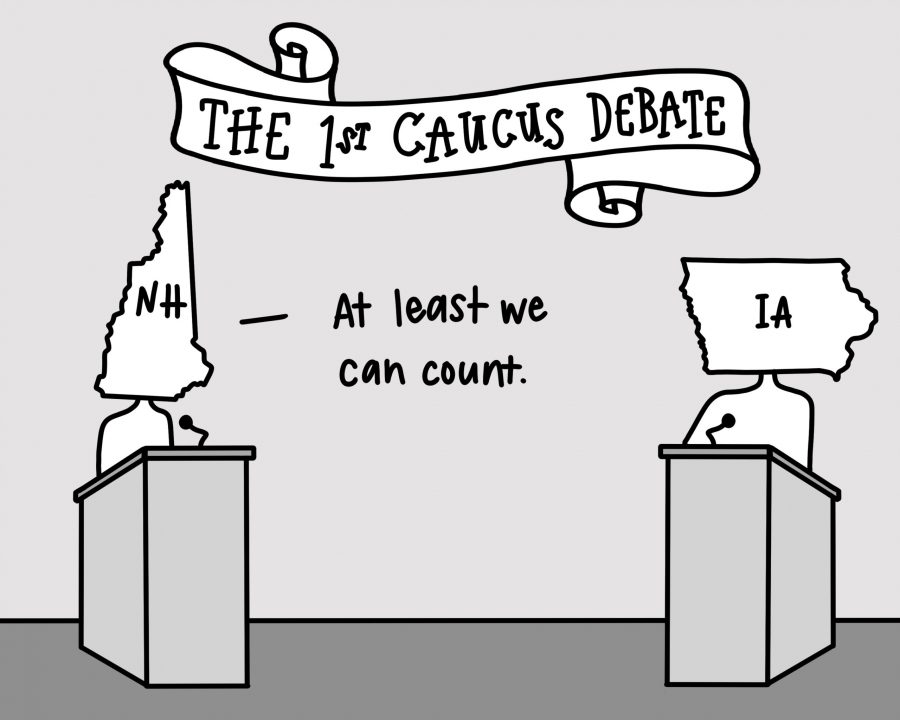While Iowa Democrats are still trying to clean up their mess from the Iowa caucus discrepancies, New Hampshire proved that they could set the tone of the race for the Democratic nomination.
In New Hampshire, some polls opened as early as midnight on Feb. 11. A few minutes past 11 p.m. on Feb. 11, four hours after the polls closed, Bernie Sanders soon after declared victory – the first uncontested winner of the primary season.
Before the confusion in Iowa, there were calls for a rearrangement in primary voting. Iowa is a primarily white state – not an accurate representation of the whole country. Why do they get to go first and set the tone of the race? After the Iowa Democratic Party failed to crown a winner in a timely manner, they proved that they could not handle the pressure.
The dust was still in the air when the candidates traveled to New Hampshire, each with a cleverly spun story that put them all on top. Although it was clear that Joe Biden and Elizabeth Warren had not performed well, the results were not officially clear, so they were able to declare a strong performance and quickly move onto the next battle.
On the ground in New Hampshire, people recognized that they had an immense responsibility. Back in 2016, Bernie Sanders was able to pull off a decisive victory over Hillary Clinton.
Would he be able to do the same thing this year? Or would Mayor Pete win New Hampshire too?
By the time that the Iowa Democratic Party declared the final results on Sunday, Feb. 9, enough confusion had been circulated that some major news outlets, including the New York Times, decided not to confirm the winner. Mayor Pete Buttigieg was declared to have won the Iowa Caucus with a lead over Bernie Sanders of 0.1 percent — 26.2 percent and 26.1 percent, respectively.
Now, New Hampshire is not an excellent representation of the United States’ diversity either. I think that the mess in Iowa fueled the fire to overhaul how states vote in the primary elections.
Who should get to go first next time? I propose a system that randomizes the order of states. The point is that no one state is an accurate representation of the diversity of the country.
In order to do away with the pressure of making one state responsible for crowning a front-runner, the Democratic Party should change up the order of the elections. Perhaps it was the pressure that the country puts on Iowa that led the Democrats to add another layer of complexity to their Caucus system.
What happened in Iowa could have happened anywhere. Untested technology is a bad idea and the leader of the Iowa Democratic Party, Troy Price, paid for the mistakes – he announced his resignation on Feb. 12.
Let us take this opportunity to change the system instead of patching it up.
Cartoon by Annie Wheeler/Observer Staff










































































































